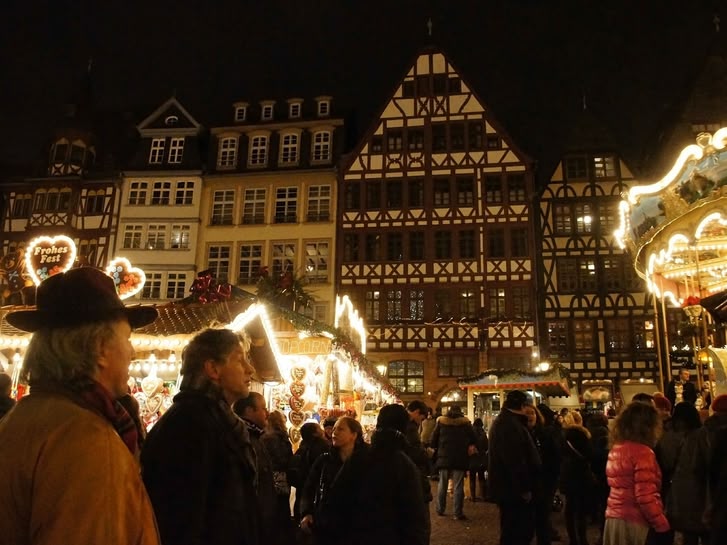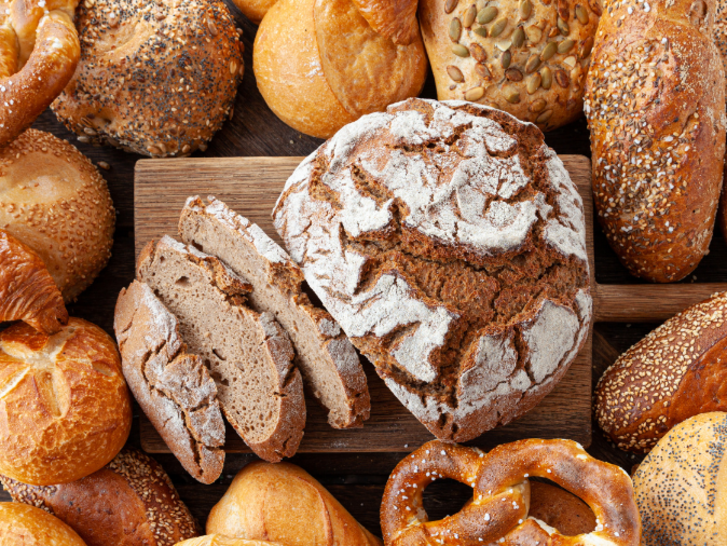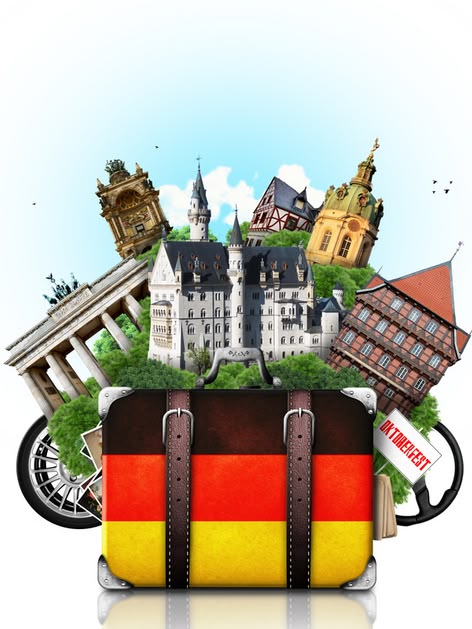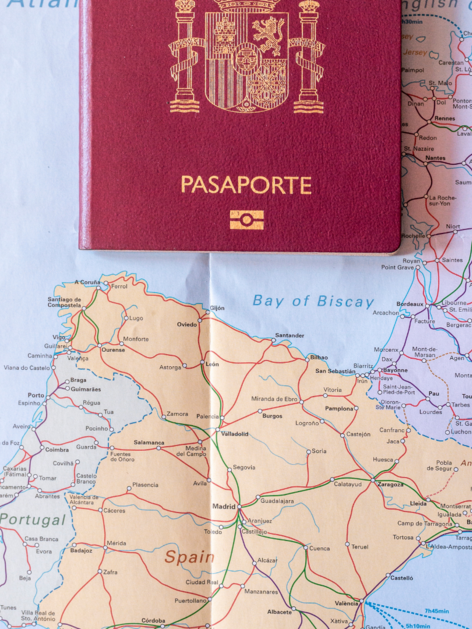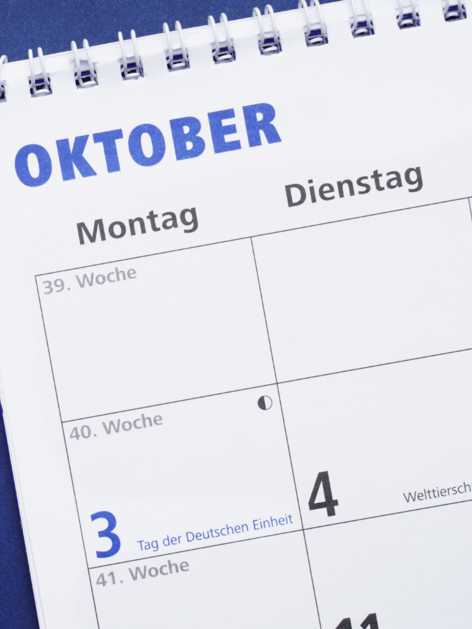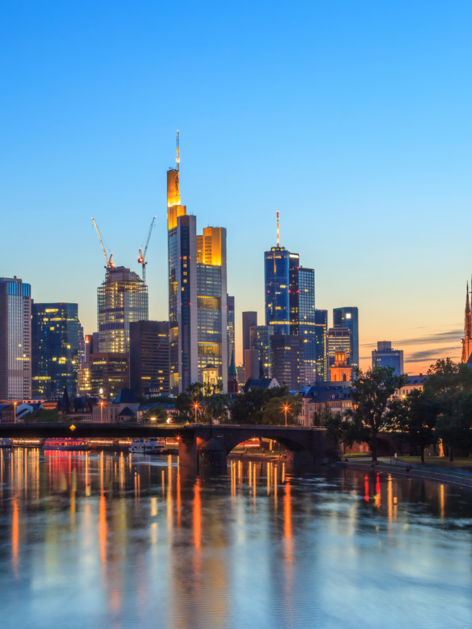Typically German: What makes German culture special
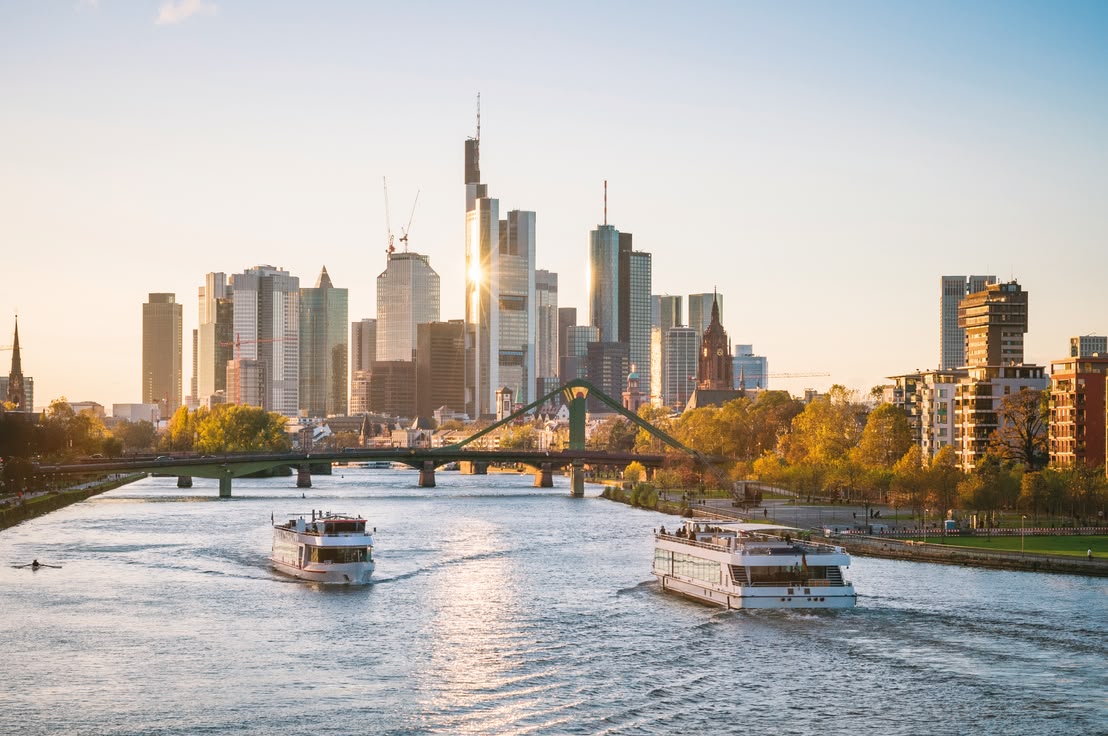
Typical German features and peculiarities
Typical German characteristics and peculiarities are reflected in various aspects of everyday life and culture. These include a marked punctuality and efficiency, a preference for order and bureaucracy, a devotion to car culture and a love of beer and sausages.
The German bread culture, with its variety of breads, and the unique Christmas markets are other characteristic features. The German language also has its peculiarities with its precision and special characters such as umlauts and "ß". All these elements contribute to making German culture and language unique and fascinating. Here are some of the typical German characteristics.
Online
Language courses
Learn foreign languages effectively and in the comfort of your own home with real teachers!
Get a 5% loyalty discount on your next language study trip!
German punctuality and efficiency
German punctuality and efficiency are known throughout the world and are considered typically German. It is not uncommon in Germany for trains and buses to leave exactly on time and strictly adhere to deadlines. This marked punctuality reflects the German mentality, which values reliability and organization. Germans appreciate things running smoothly and efficiently, whether in public transport, at work or in everyday life.
Order and bureaucracy
A love of order and bureaucracy are typically German and characterize many aspects of life in Germany. Germans are known for their preference for clear rules and thorough documentation. This is seen, for example, in the meticulous separation of garbage, the extensive set of rules in road traffic and the precise record keeping in businesses. The German sense of order extends to everyday life, where cleanliness and structure play an important role.
Beer and sausages: German culinary delights
Beer and sausage are two culinary symbols of German culture. Germans have a long brewing tradition and are proud of the diversity of their beers. Whether wheat beer, Pilsner or Kölsch, Germany has the right beer for every taste. Just as varied is the world of German sausages, from bratwurst to black pudding. Breweries, biergartens (beer gardens) and sausage stands are an integral part of German food culture and attract locals and tourists alike.
Cars and highways
Germany is known worldwide for its automobiles and the famous network of highways known as Autobahns with no general speed limit. The German automotive industry, with brands such as Volkswagen, Mercedes-Benz and BMW, stands for quality and innovation. Driving on German highways is a unique experience and demonstrates the German dedication to mobility and technology.
Data protection in Germany
Data protection is of great importance in Germany and is considered typically German. The country has strict data protection laws, including the famous General Data Protection Regulation (GDPR) of the European Union, which is applied with particular care in Germany. Germans have a deep respect for privacy and the protection of personal data. The high level of data protection is an important part of German culture and demonstrates a commitment to individual rights and freedoms.
Christmas markets in Germany
The best of the holiday season
German Christmas markets are known all over the world and are considered the epitome of Christmas tradition in Germany. These markets are cozy places to drink mulled wine, enjoy gingerbread and buy handmade gifts. Christmas markets reflect the festive atmosphere and the Germans' love of Christmas. They are places where people gather to enjoy the special atmosphere and traditions of the Advent season.
The typical German bread culture
The variety of German breads
Germany's bread culture is diverse and rich in tradition. The three most popular typically German bread varieties are rye bread, wholemeal bread and mixed bread, while the pretzel is a well-known bakery specialty. German bakeries place great value on quality craftsmanship, freshness and variety. We recommend you to ask locals to find the best bakeries and enjoy the delicious varieties of bread.
The peculiarities of the German language
German is often a challenging foreign language. Its reputation as one of the most complex languages in the world is mainly due to its grammar, which for many learners represents the biggest obstacle. In addition to the grammar, the arrangement of words, sentence structure and numerous irregularities are distinctive features of the German language, making it a fascinating but sometimes complicated learning project.
Your Malta Language trip
Discover the beautiful Mediterranean island on your language study trip to Malta!
Word order and sentence structure
The placement of words and sentence structure in German are typically German and differ from other languages. In German, the conjugated verb usually occupies the second position in the main sentence, resulting in sentences where the subject often comes after the verb. This unique feature of the German language requires precision and practice on the part of the speakers to form clear and correct sentences.
Umlauts and special characters in German language
German diacritics, such as Umlaute (Ä, Ö, Ü) and certain special characters (ß), are typically German and a feature of the German language that is not found in other languages. These diacritical marks give words their unique German identity and affect pronunciation and meaning. For example, "fur" differs from "für" (with Umlaut), which means "for" instead of "while". The letter ß, an eszett or "sharp s", is used in specific words such as "Maß" (a type of beer) and "Fuß" (foot) and is a distinctive element of German spelling. This is typically German and demonstrates the uniqueness of the German language.
The German language in global communication
The German language plays an important role in global communication, especially in science, economics and culture. Germany is one of the world's leading economic powers, and German is used in many industries as a crucial business language. In addition, German literature, philosophy and music have gained international recognition. Knowledge of German opens doors to a wide range of opportunities in international cooperation and cultural interaction. This underlines the importance and uniqueness of the German language in global communication.

